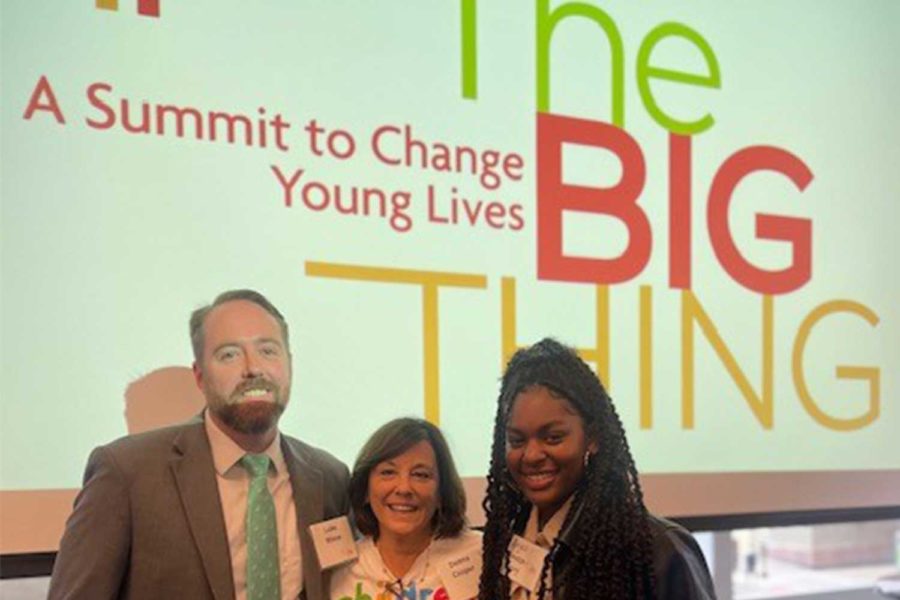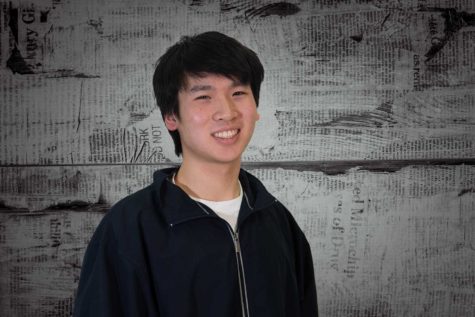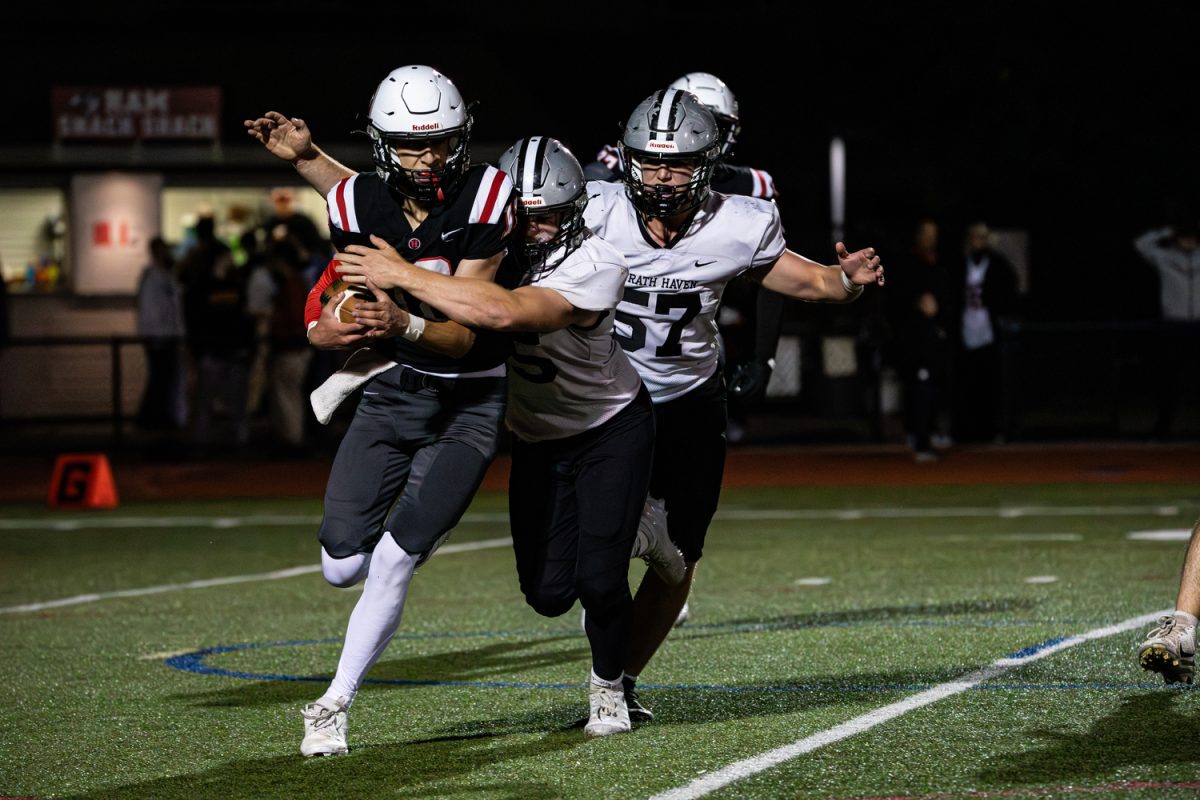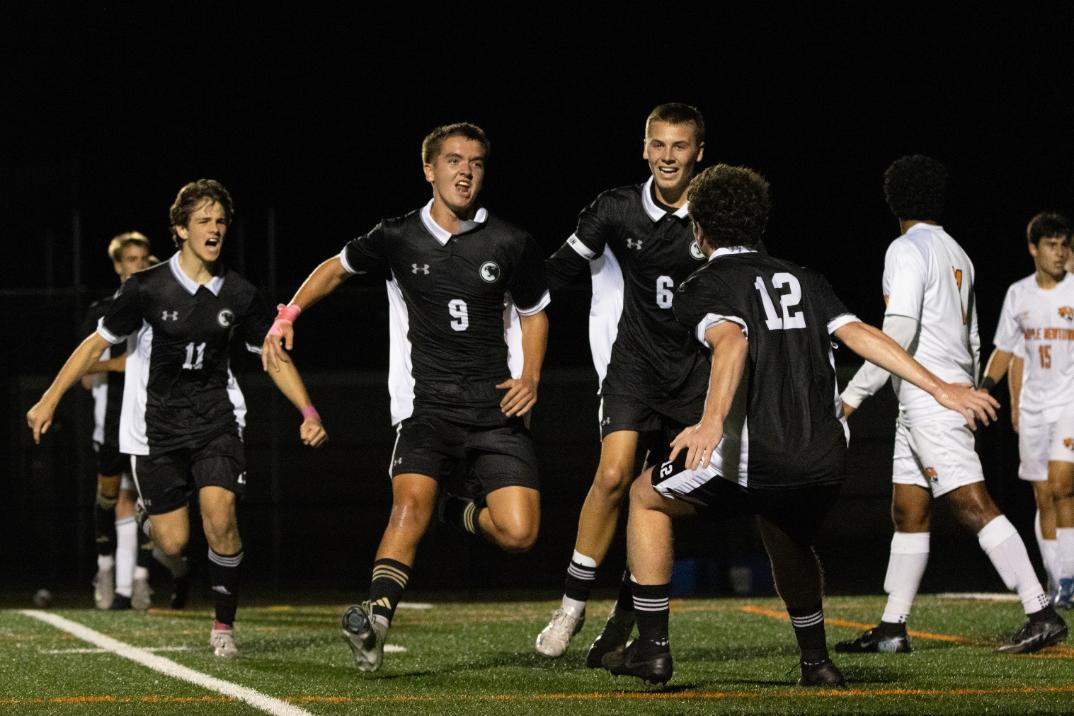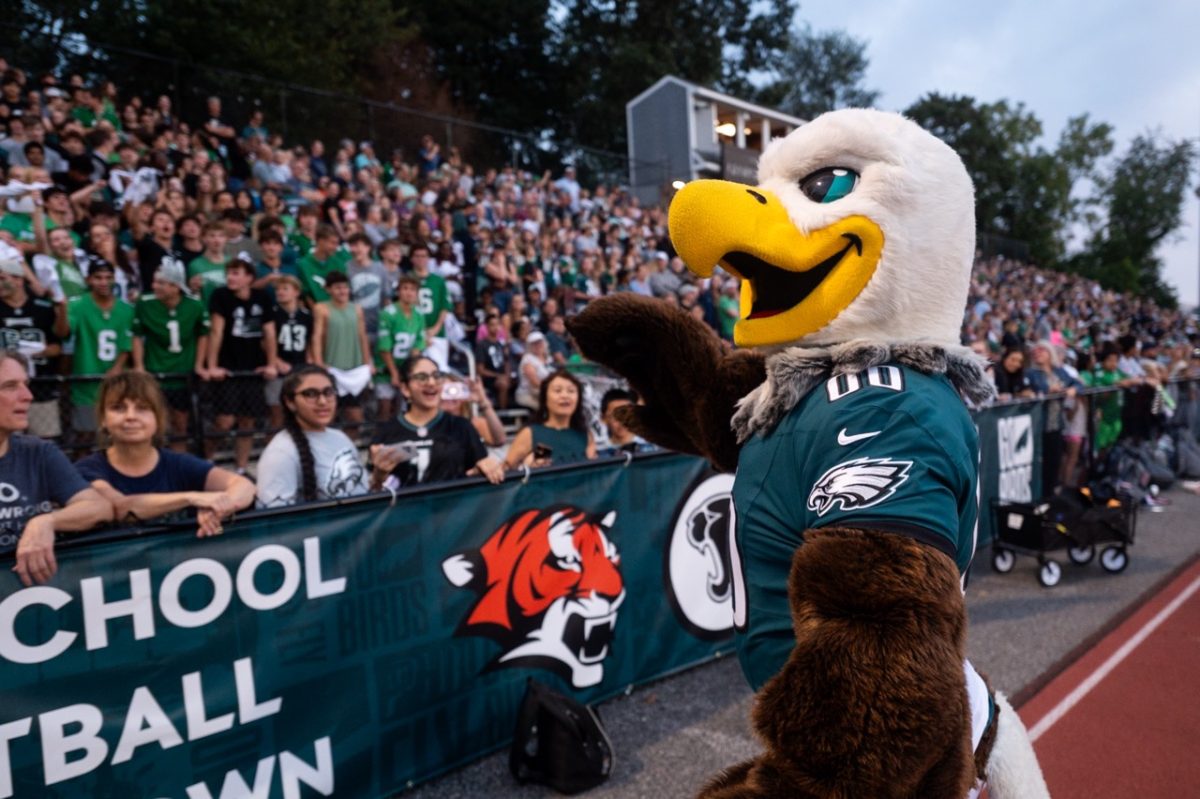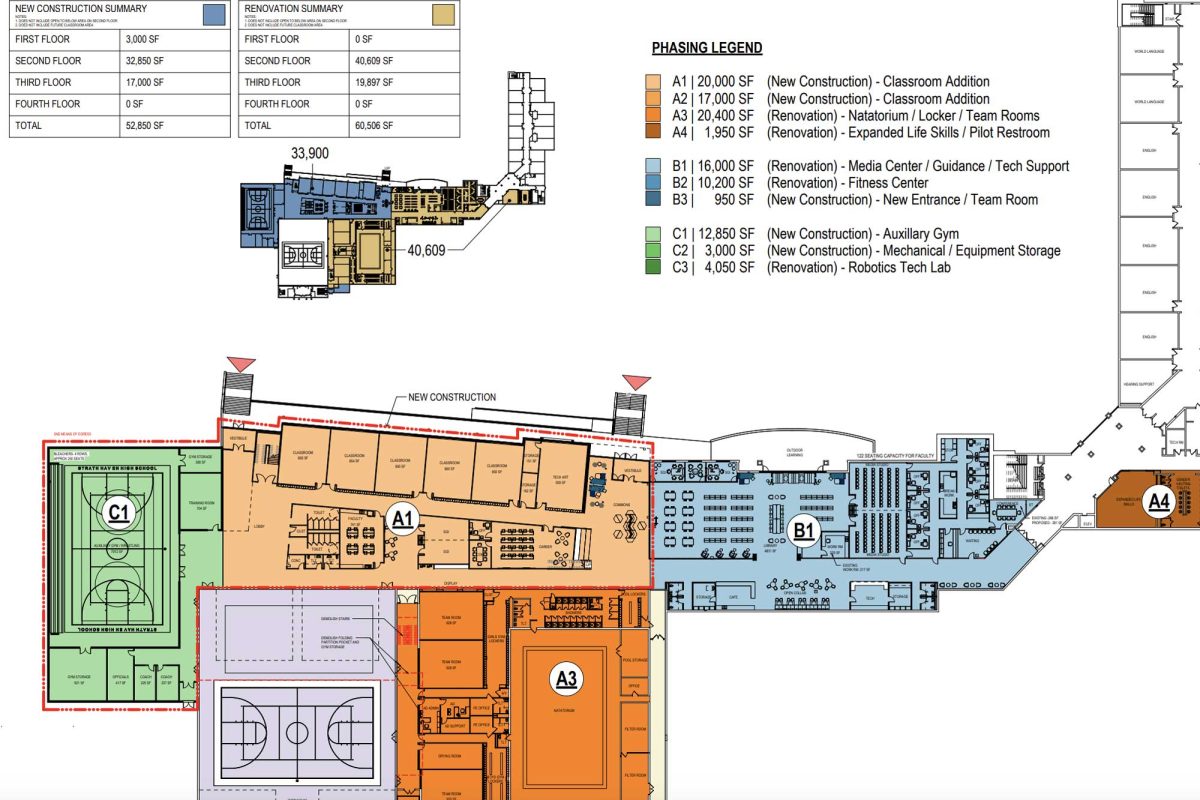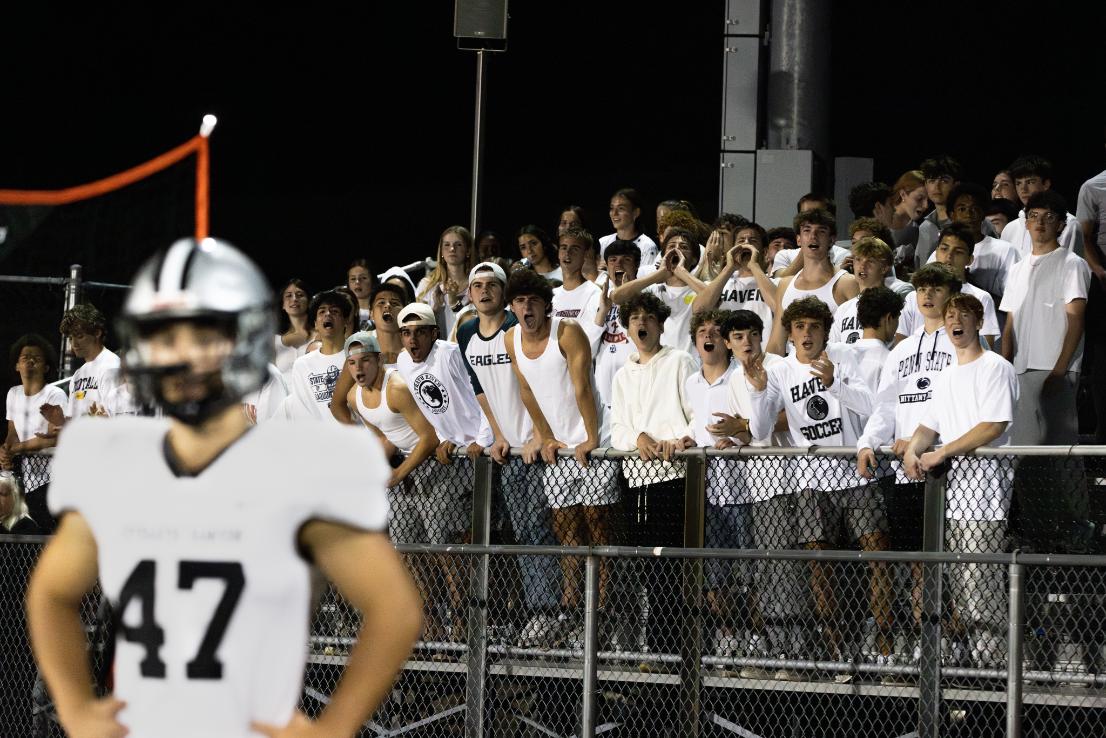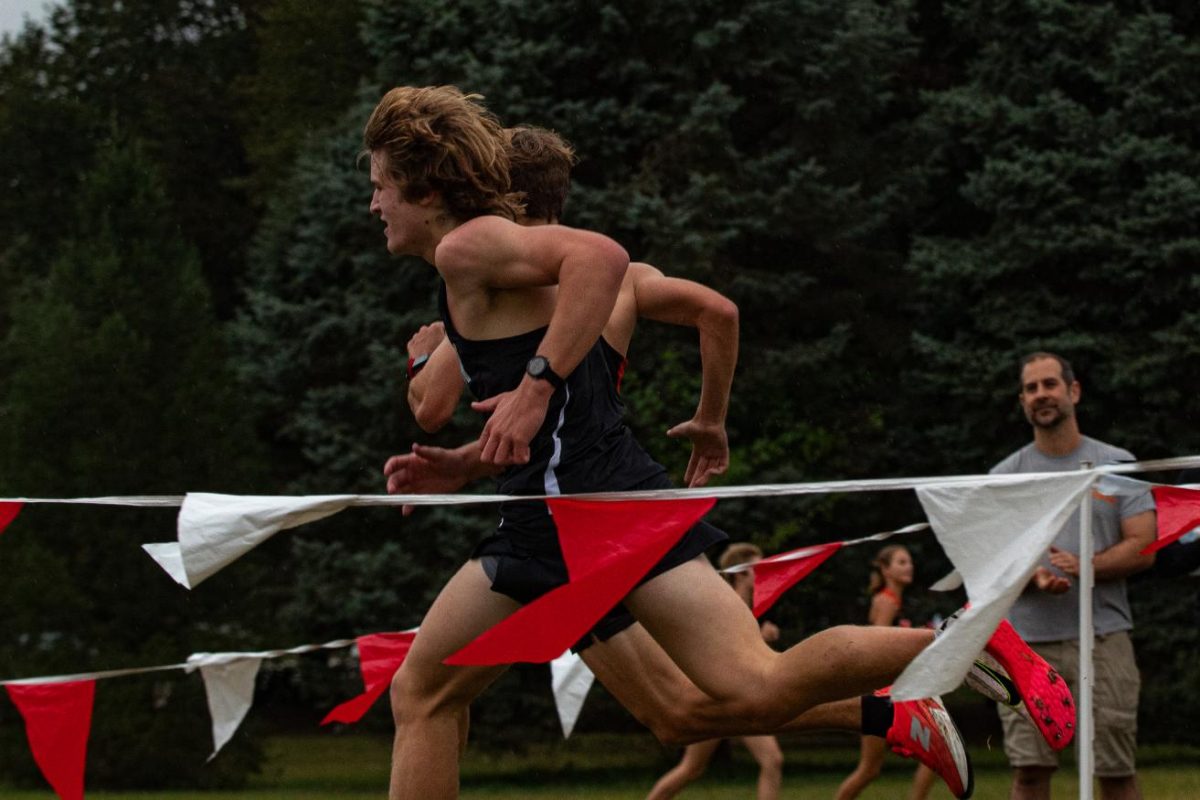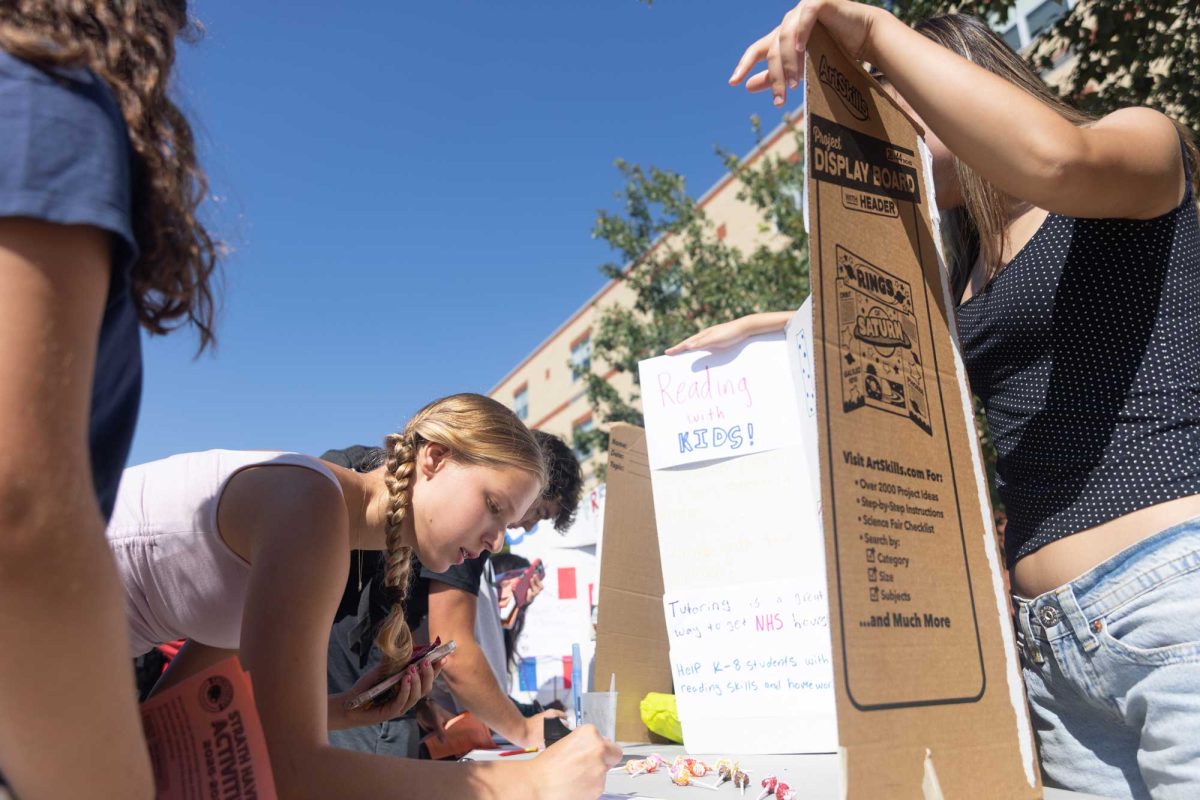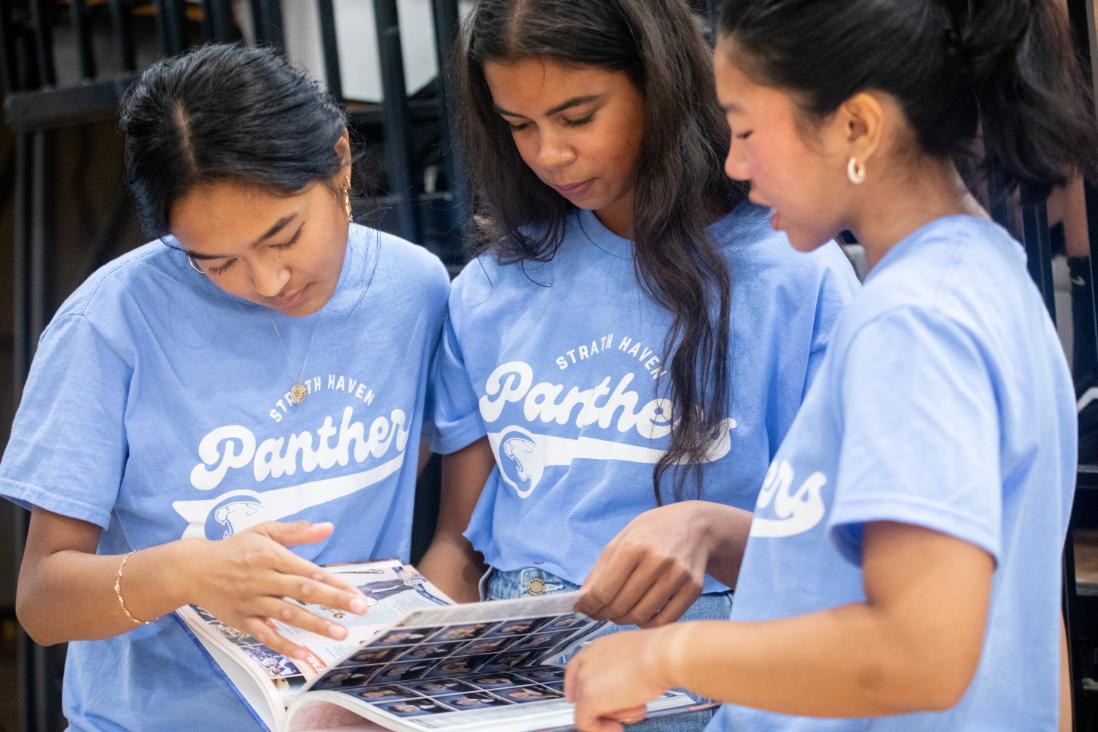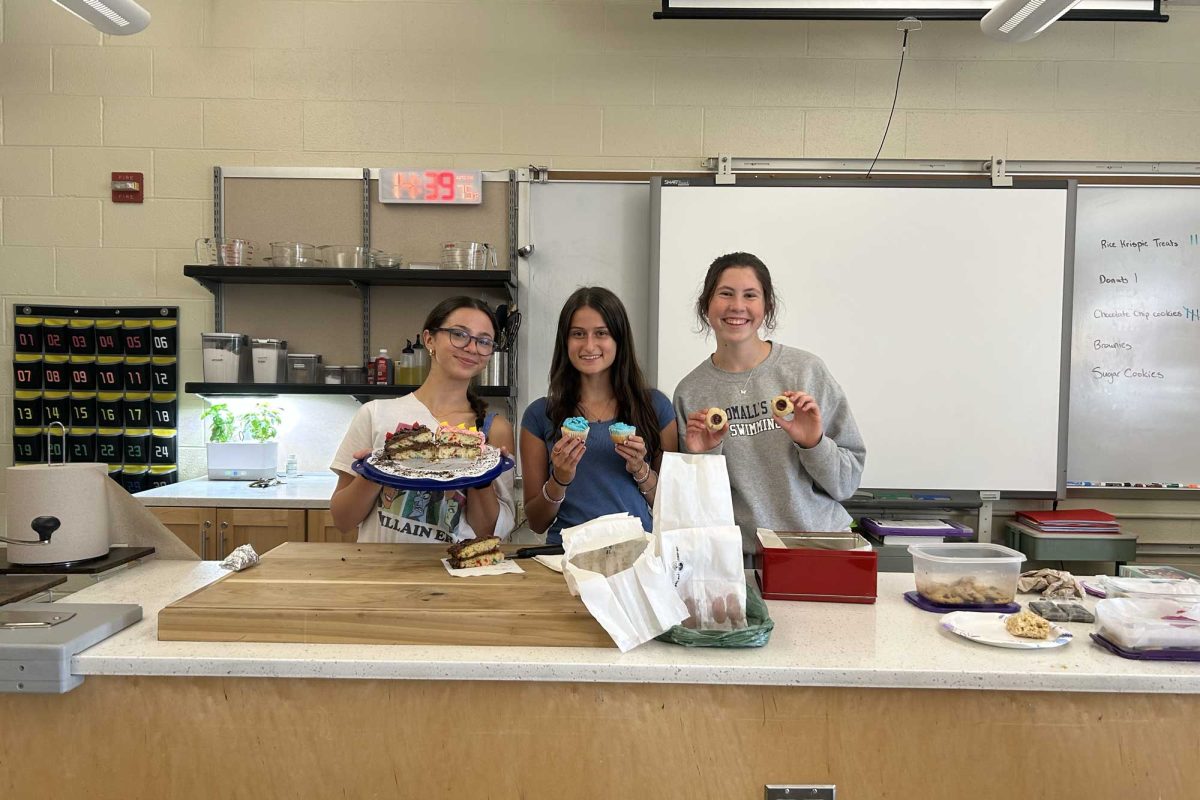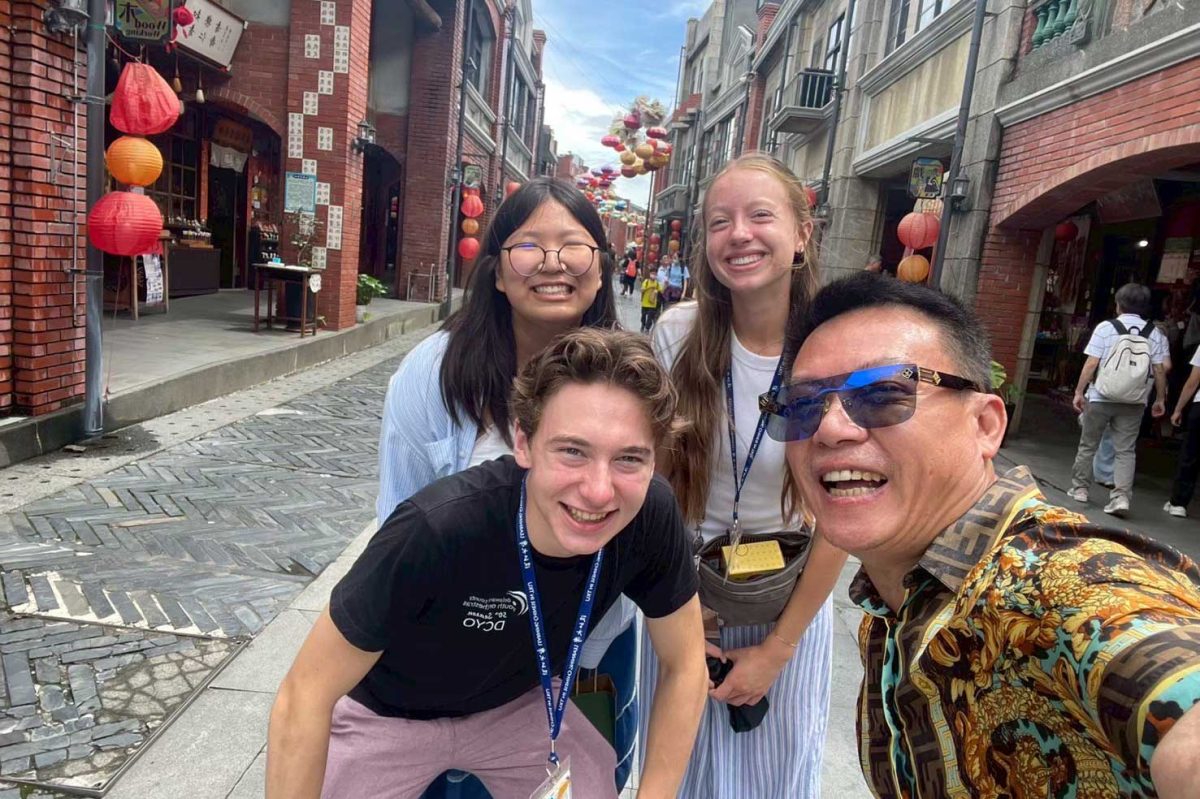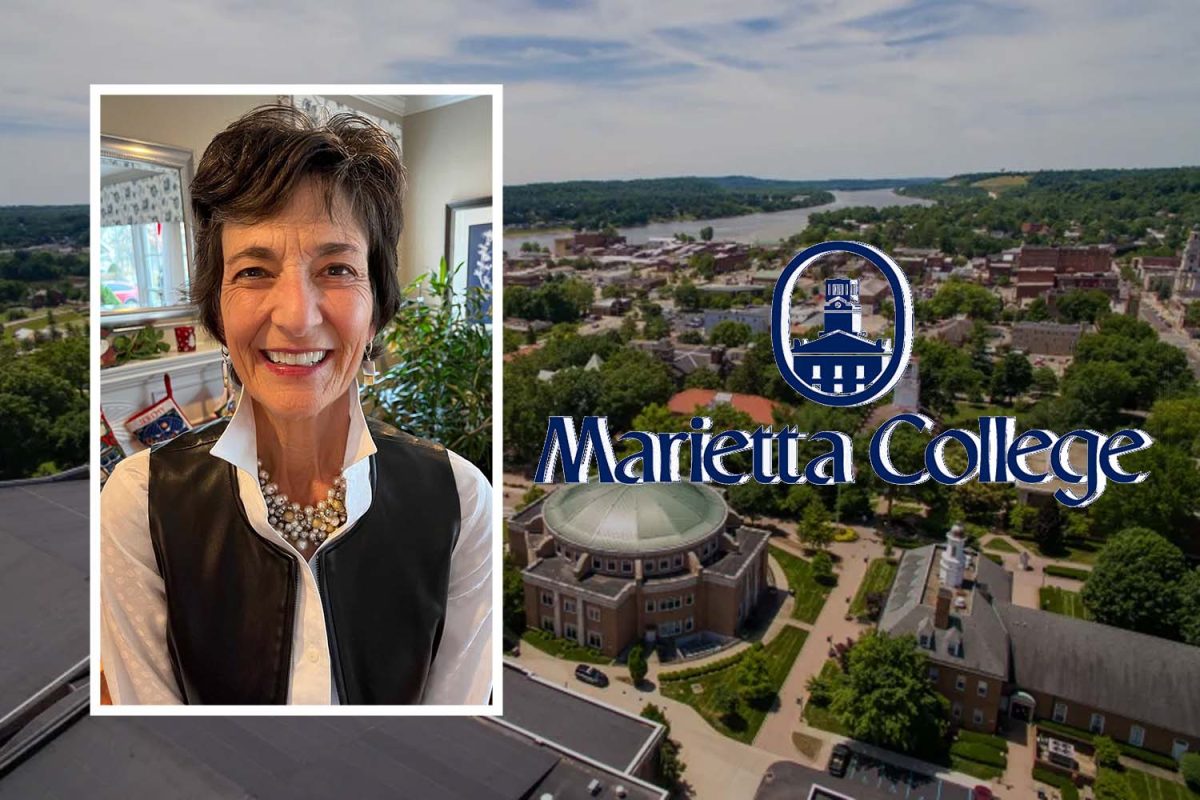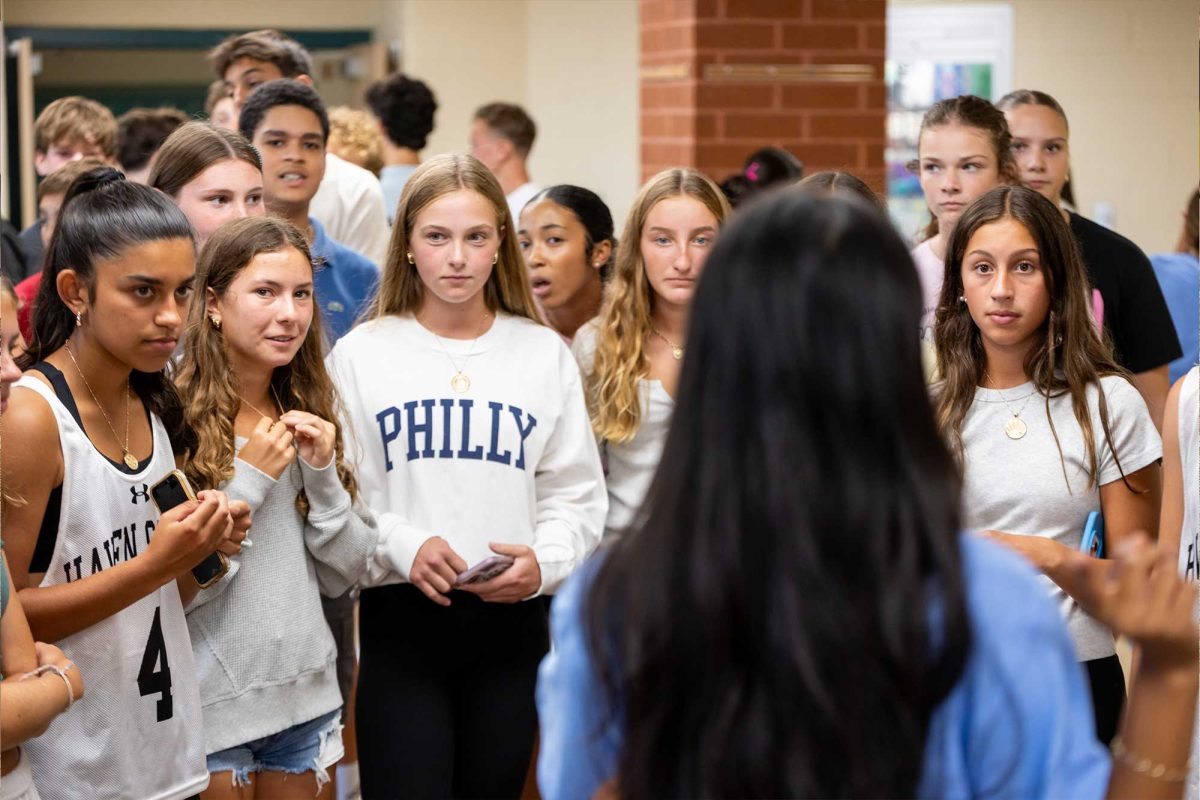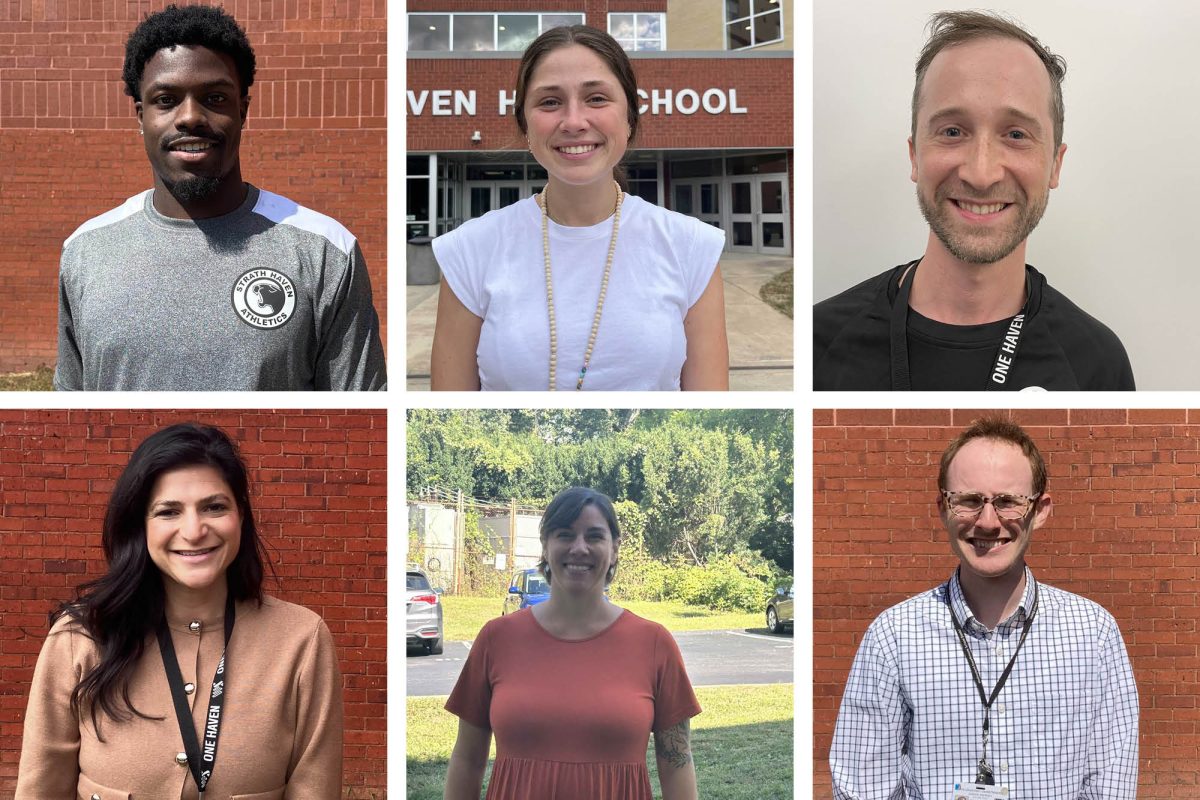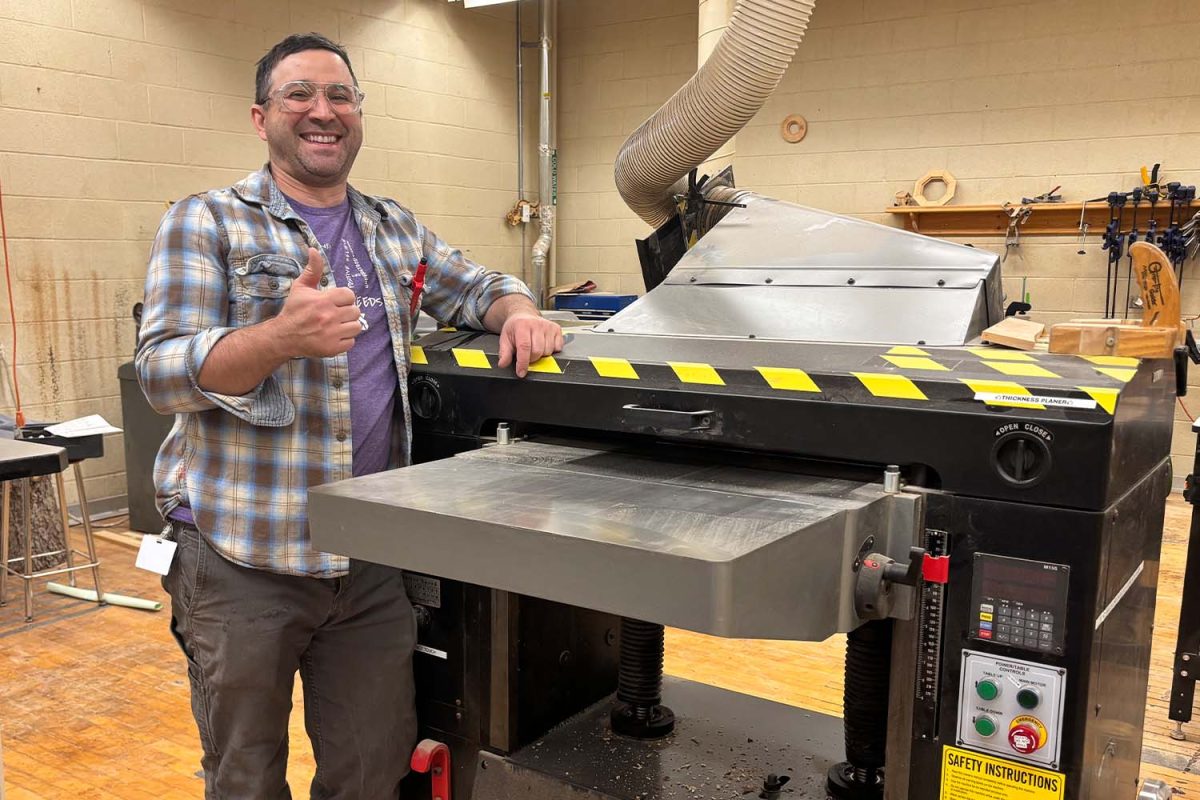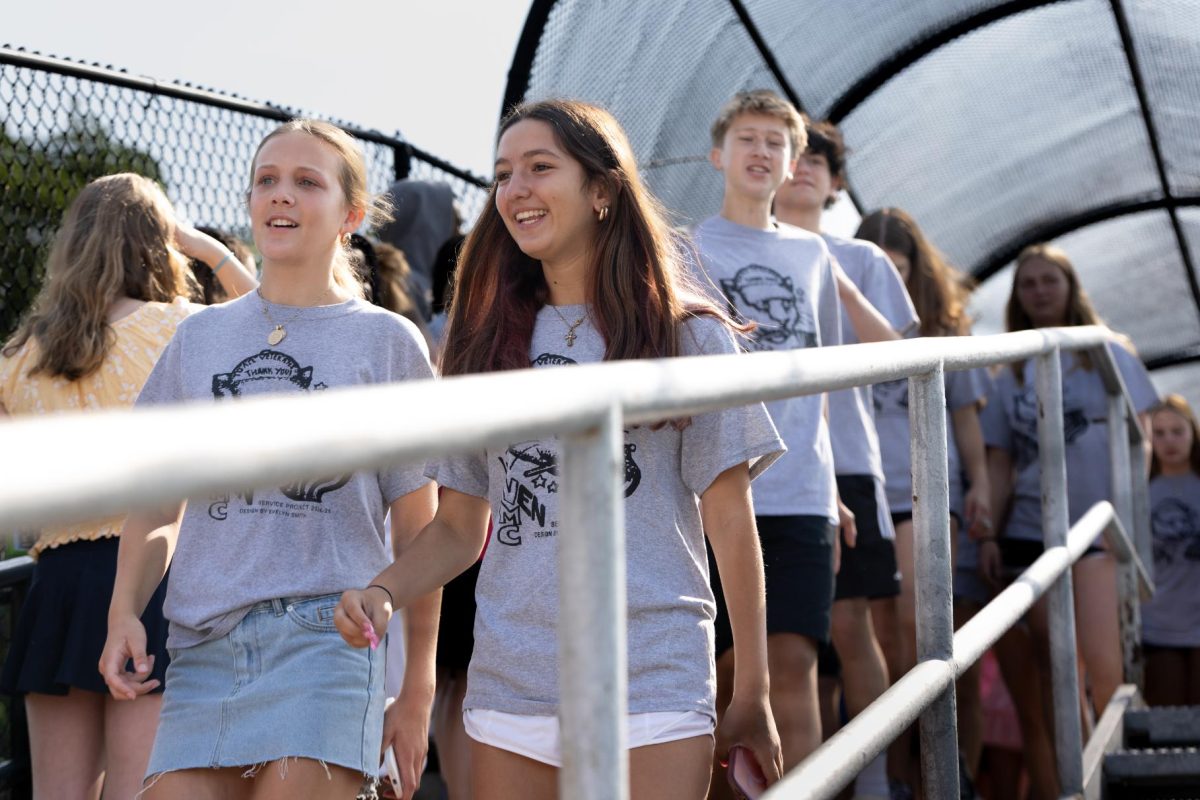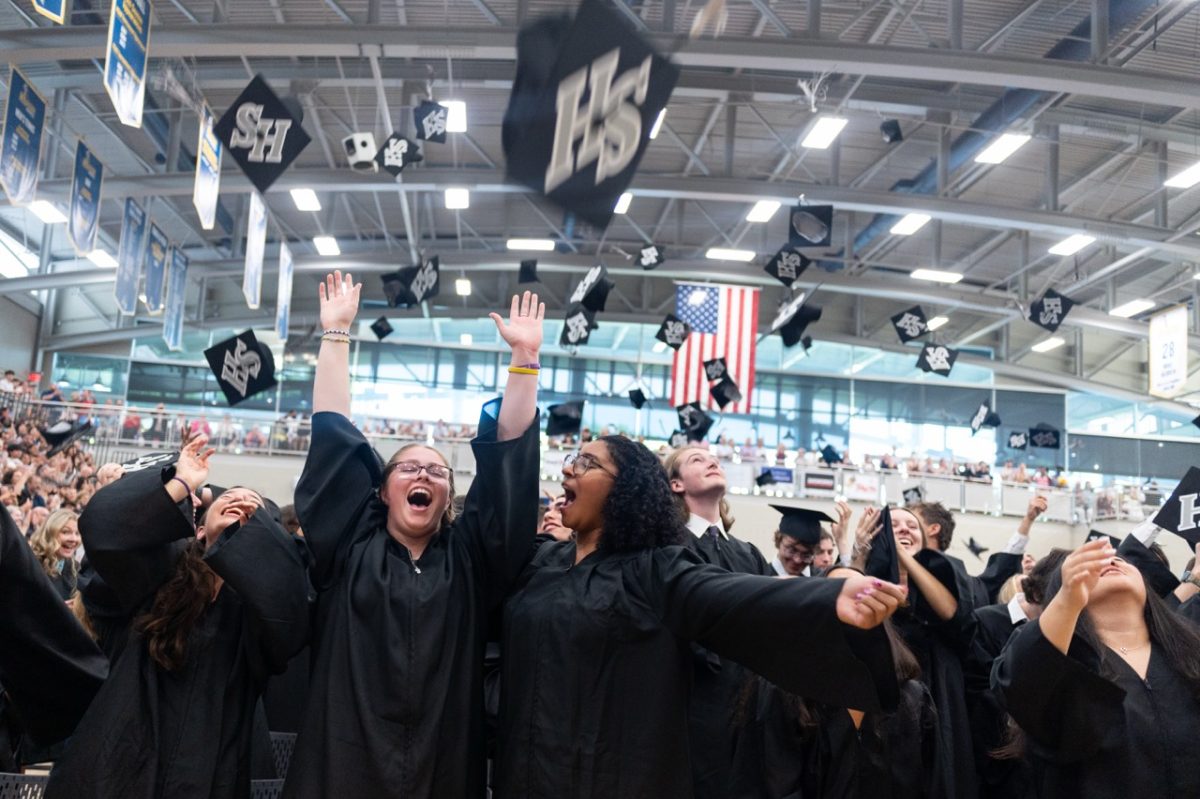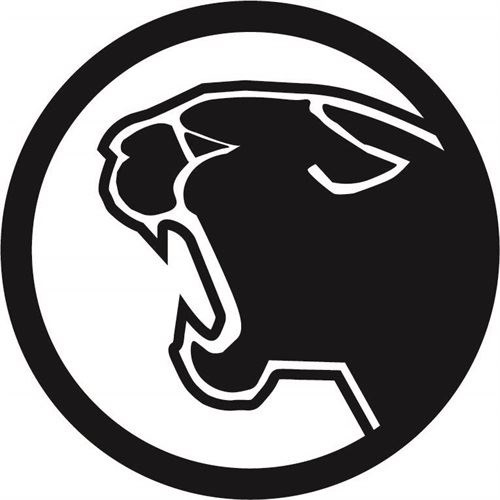On Sept. 29 and 30, seniors Anjali Robinson-Leary, Annie Tolson, and Collin Woodland attended The Big Thing Summit, a conference hosted by the educational nonprofit organization Children First.
This conference convened more than 200 advocates to investigate the next “big thing” that will change young lives, according to the Children First website.
After hearing from speakers at the conference like Kyle Hartung, Associate Vice President at Jobs for The Future, and Luke Rhine, Director of the Career and Technical Education at Delaware Department of Education, the students presented their findings at the WSSD Boarding Meeting on Oct. 25, where they discussed how Strath Haven might implement better ways to prepare students for life after high school.
“We want to make sure that students are not so harshly thrown into the world of work or the world of academia as soon as their school career is over,” Robinson-Leary said.
To bridge the gap between high school and entering the labor market, the students offered several suggestions to consider: partnerships with local businesses to boost youth employment, apprenticeship programs, and strategic work-based learning.
“If our school was able to collaborate with local industries and local businesses, having that connection and sort of an apprenticeship would be very beneficial to both the businesses in our changing labor market, and also students just in terms of gaining exposure, connection, networking, things like that,” Tolson said.
With the Auto Lab class recently halted and students limited to attending the Delaware County Technical School, Tolson and Robinson-Leary express that students are dissatisfied with the current opportunities available to them.
“If you’re not going to college, no one is really feeling ready. We don’t have any sort of career readiness program aside from Vo-tech,” Robinson-Leary said. “And we also have students who just don’t know what they’re interested in or what they want to do, because the system of education here is just so blanketed and standardized that it really doesn’t allow students to tailor their education.”
Not only are career readiness programs limited, but Robinson-Leary expresses there is also a stigma around students interested in technical careers.
“We live in a very affluent neighborhood, so because of that a lot of the district parents are well educated, a lot of them are in really special and niche careers that have been a product of a lot of schooling,” Robinson-Leary said. “So in conjunction with how competitive our high school is, in general, this creates this sort of expectation that all students should want to go to college, especially because we don’t have any programs that are actively voicing that there are other options.”
Counselor Mrs. Robin Smith is the liaison between the Delaware County Technical School (DCTS) and Strath Haven. She explains that while school culture leans towards the traditional four-year college route, ultimately students have the opportunity to pursue their personal interests, whether that be a trade or academic endeavor.
“One of the big things about Strath Haven is that we look to give you opportunities for things that we don’t offer in our curriculum,” Smith said. “That’s why we have co-op field career dual enrollment. So if a student has an interest that we don’t have a class for, we work with them to get that opportunity.”
Current options at DCTS include programs in construction technology, hospitality and human services, health and bioscience, logistics and transportation, and engineering and computer science, according to the Silver Guide. DCTS also offers the Medical Careers course, a one-year program that allows students to take classes at a local hospital where they shadow medical staff and observe procedures.
So how do students feel about Strath Haven’s current vocational opportunities?
Senior Noah Romanowski is currently a welding student at the DCTS. He said that attending the program was “100% worth it,” but that not many students are aware of it.
“[DCTS] is a really big opportunity,” Romanowski said. “It’s a really good opportunity for people that want a ‘blue collar working job.’ There’s a lot of employers looking for people that do those and are willing to pay a lot of money, and you can make a good living.”
Senior Aashna Pandey, a student in the Medical Careers program, appreciates that the program offers opportunities to immerse herself in a potential career.
“Joining [MedCareers] allowed me to be introduced to the field early on,” she said. “Just two weeks ago, we received an actual blood pressure monitor that we can use. There are devices people normally wouldn’t get until they’re actually in the field.”
Students at DCTS can not only earn elective credits towards post-secondary education, they can also be inducted into honor societies and selected for scholarships.
“It’s also good if you are going to college, but you would like knowledge and a trade for the future depending on what you’re going to college for,” Romanowski said.
According to an email from Smith, the DCTS application for current students opened on Thursday, Dec. 15. She encourages students who are curious about DCTS opportunities to contact her for more information.*




